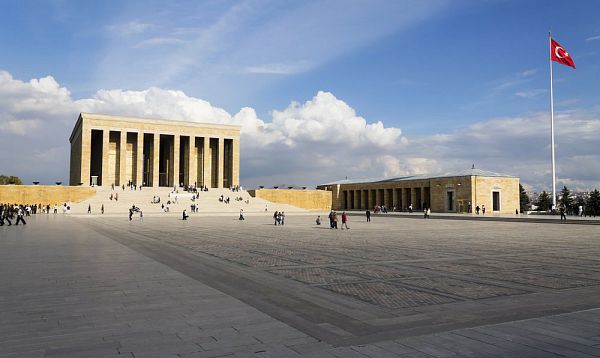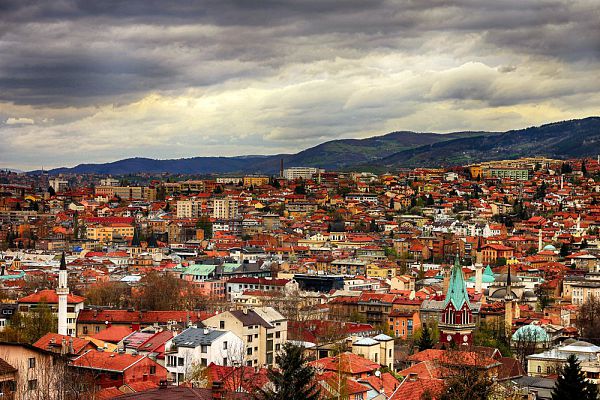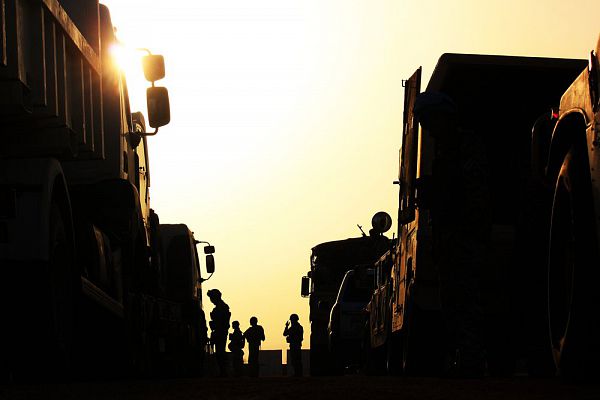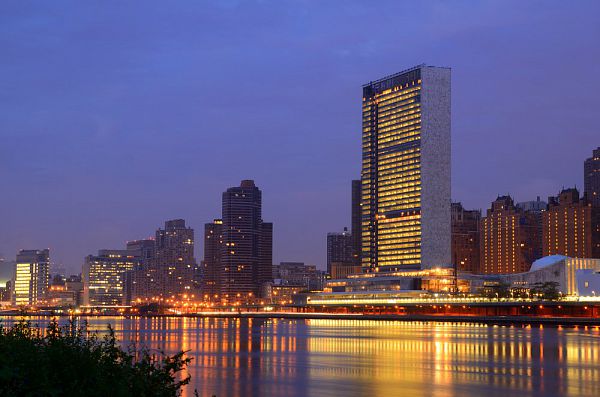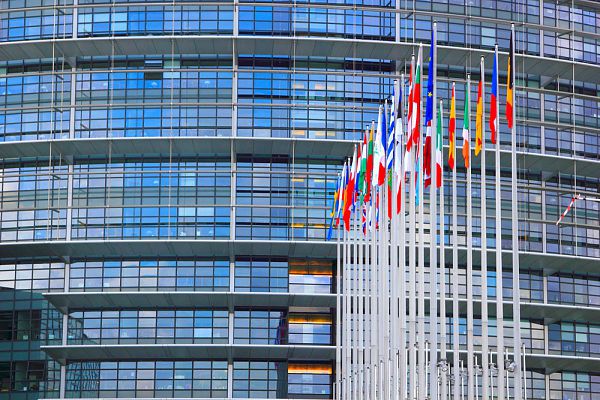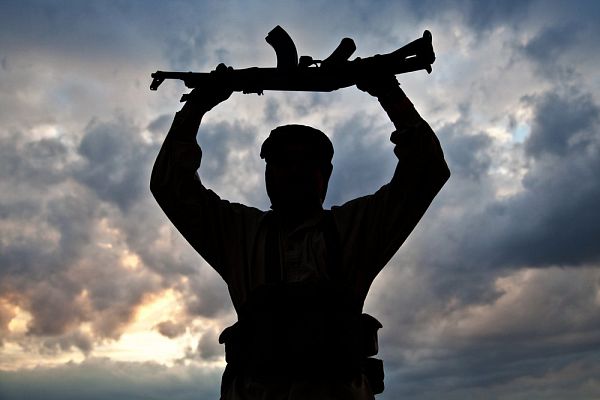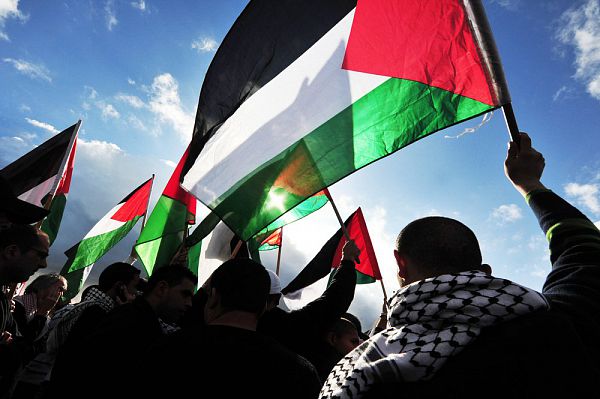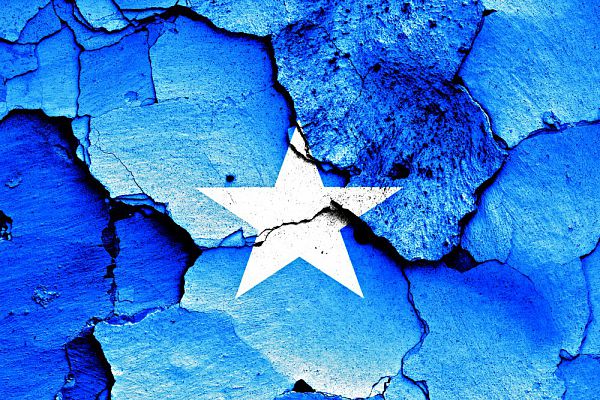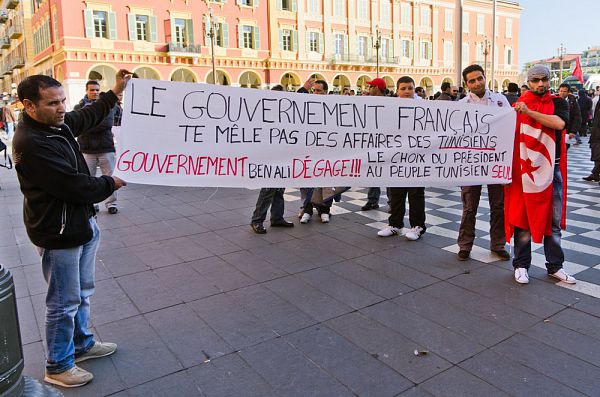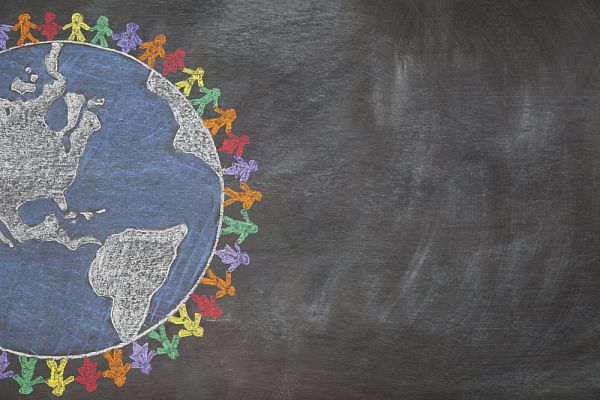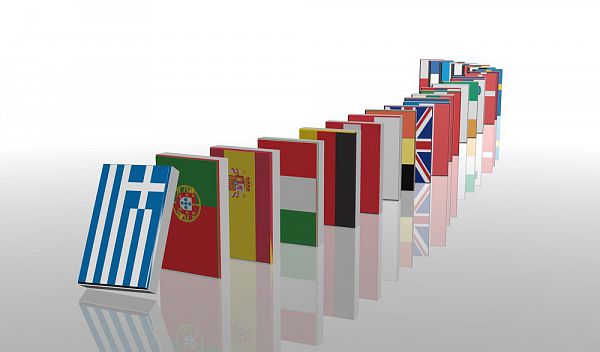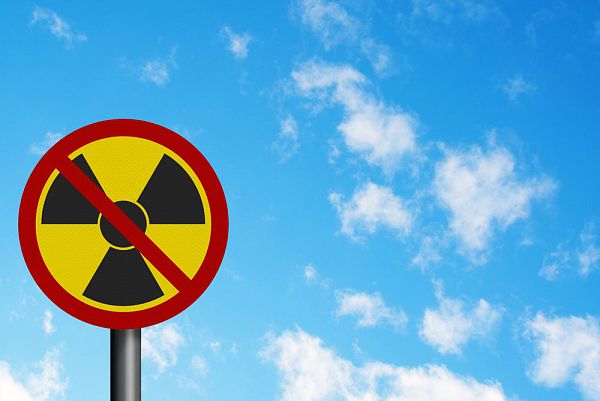Display options:
2012 - Volume 6, Issue 3-4
Research Articles
ABSTRACT: This article evaluates Turkey’s position in European security governance. In the post-Cold War period, the administration, coordination and regulation of security has been, largely, performed through such an approach which itself is based on three assumptions. Firstly, the meaning of security...
Download article
ABSTRACT: This article engages in the ongoing debate about the overall value of the General Framework Agreement for Peace in Bosnia and Herzegovina (GFAP), which is one of the most challenging issues in the contemporary peace studies scholarship. In order to support scholars who argue that the constitutional...
Download article
ABSTRACT: This work seeks to reveal differences in the understanding of the concept of security between the EU and the Association of South East Asian States (ASEAN) and to adequately account for such differences. This work considers that ASEAN qualifies as a nascent security community confirming that...
Download article
ABSTRACT: One, important, reason driving recent instability in the Middle East is the influence of Western powers on local actors. In the first half of the 20th century the UK and France held significant sway; during the Cold War the US and USSR were dominant. After the Cold War, the US emerged as the...
Download article
ABSTRACT: The renewable energy industry has recently gathered momentum due to green awareness, the need to diversify energy sources and the rise in oil and gas prices. In many ways, the Polish biomass industry has greater potential than others new EU members (post-2004). Poland’s size, as well as its...
Download article
ABSTRACT: Recent talks on UN Security Council reform mainly focused on enlargement issues based on the competing positions of the G4 (Germany, Japan, Brazil and India) and UfC (core members Italy, Pakistan, Mexico and Egypt); groups which seem unable to reach a compromise in the near future. Even if...
Download article
ABSTRACT: This article deals with two actors – the European Union and the alter-globalisation movement – and their mutual relationship regarding recognition. Both actors profile themselves internationally as environmental and human and social rights defenders; they both create their own discourses, e.g....
Download article
ABSTRACT: Non-state military actors (i.e. private military companies, contractors and/or militias) form an inherent part of the present global system. In many cases, however, the role and participation of non-state military actors appears to be rather ambiguous and unclear. In order to illustrate the...
Download article
ABSTRACT: There are five factors that affect security and stability in the Middle East. The first of these is the ticking bomb of sectarianism between the Sunni and Shiite strands of Islam, which have become more widespread in recent years due to the politisation of sectarian tensions and their transformation...
Download article
ABSTRACT: Over the past two decades, the term “failed state” has been popularised among both academics and policy-makers. This work seeks to adequately provide for the historical and cultural background driving the term and its theoretical and practical implications. However, the bulk of this work is...
Download article
ABSTRACT: From the wars in Vietnam and Iraq to the Arab Spring, recent history is full of examples of how media outlets interact with government processes to shape public opinion and constrain the practical avenues policymakers may take in domestic and international affairs. The recent European financial...
Download article
ABSTRACT: The Greater Middle East has traditionally played a major role in French foreign policy. Following WWI, the 3rd French Republic acquired Syria and Lebanon which created a foundation for political, economic and cultural ties between France and the Arab world. In the post-Cold War era, French...
Download article
ABSTRACT: Traditionally the term “peace” has been defined as the absence of war. Yet, “peace” is closely associated to the term “security” and although “peace” and “security” are both generally referred to in interstate affairs, “peace” is more deeply attached to civil society, since it ultimately suffers...
Download article
ABSTRACT: Both the concepts of Balance of Power and Complex Interdependence attempt to describe the post-cold war international system. We select Offensive Realism (re: Mearsheimer) and Neoliberal Institutionalism (re: Keohane and Nye), for theoretically contextualising the aforementioned concepts. Through...
Download article
ABSTRACT: This work proposes an explanation of strong actor failure in asymmetric conflict. It proposes and develops the hypothesis of transformative and non-transformative goals and shows the correlation between strong actor objectives and the outcome of asymmetric conflicts. The central argument of...
Download article
ABSTRACT: This article evaluates the legacy of Slobodan Milošević whose regime ruled Serbia for more than a decade from the end of the 1980s until 2000. The article briefly examines the main political and social aspects of the Milošević regime and analyzes a value equation by questioning the social values...
Download article
ABSTRACT: Since the explosion of the first atomic weapon the international system has been saddled with perceived threats to national security based around weapons of mass destruction (WMD). This is best seen through the spate of interest by countries to develop nuclear weapons. Hence, nuclear deterrence...
Download article


